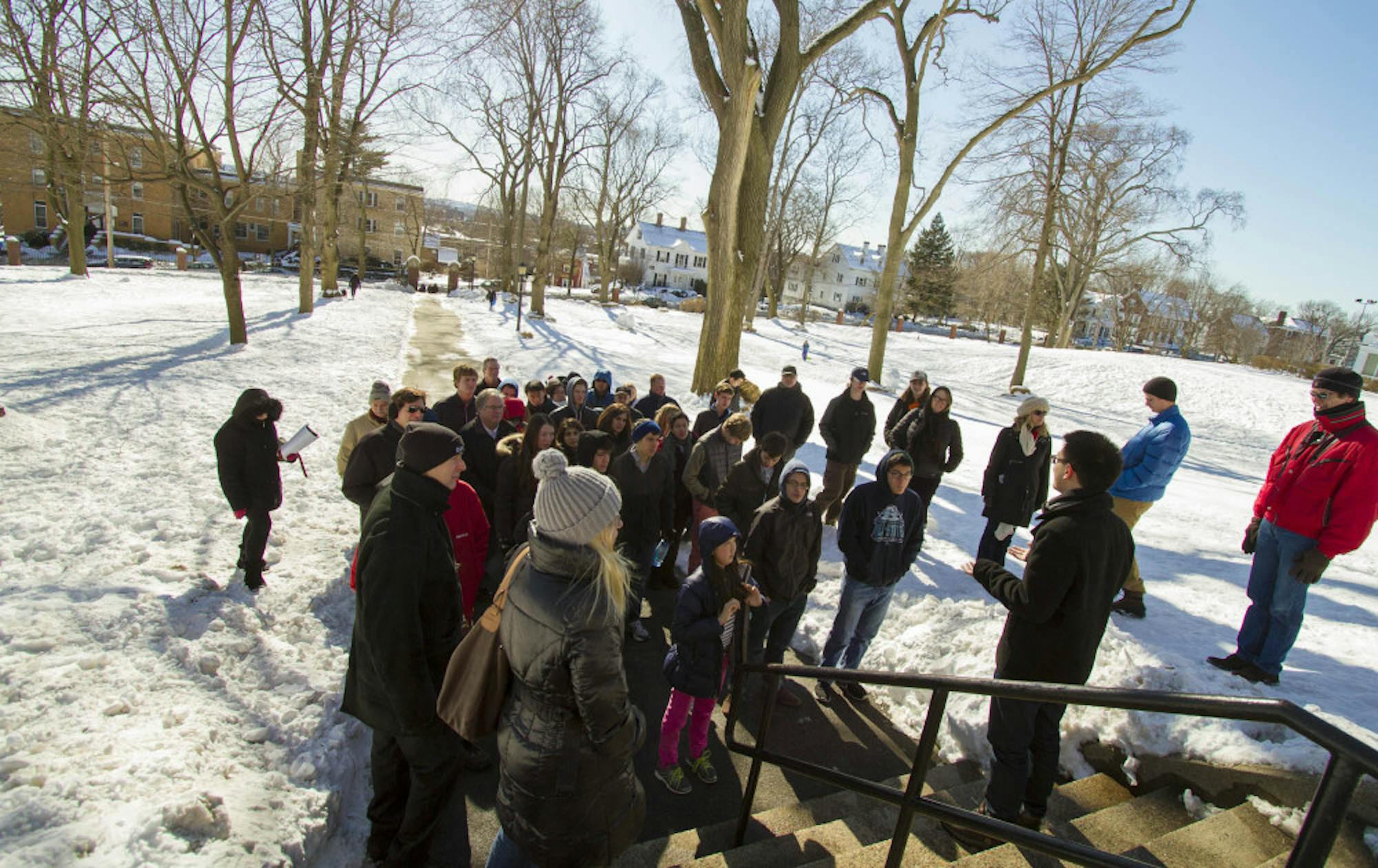On March 27, Dean of Undergraduate Admissions Lee Coffin released a blog post via the Tufts Admissions website detailing the statistics that set apart the newly-selected class of 2019, as admissions decisions were released to applicants on March 30.
Coffin explained that this year’s admissions pool stands as one of the most competitive in university history, boasting 19,064 applications as compared to last year’s record-breaking 19,074. Coffin went on to detail that despite the recent marked increase in applicants, the number of spots for enrollment that the university can offer stands at a static 1,310. Although the number of applicants this year remained roughly equal to that of last year, there has gradually been an increase in yield, or the number of students who ultimately enroll in Tufts. As a result, the class of 2019 has seen the university's lowest acceptance rate yet at 16 percent, which is 10 percent below the rate five years prior.
Coffin then explained that the reality of limited space combined with an abundance of qualified students has led to a highly selective and difficult review on the part of the admission’s team; 74 percent of applicants met Tufts’ academic standards, and upon a more “holistic” review of candidates that took into account essays, extracurricular activities, teacher recommendations and content of character, the admissions team still deemed 7,935 students, or 42 percent of the application pool, as qualified for admission.
He further highlighted the additive nature of the college acceptance process, explaining how the admissions team ventured to handcraft a class, student-by-student, by scouring the pool for individuals with qualities that could enhance the Tufts community. Coffin emphasized that, while it may often to appear to be the case to students in the midst of the process, the decision they receive was not one delivered at random.
Finally, Coffin returned to his earlier statistics, reiterating that in all likelihood, a student who was denied admission is probably academically competitive, and assuring applicants that not receiving an acceptance letter bears no indication of whether or not the admission’s team liked the candidate. Rather, it reflects the difficult decisions, and in some way, the sacrifice that the committee has to make when it is faced with a great amount of demand.He signed off by thanking applicants for expressing their interest in the university, and stated that it was an honor for him to have gotten to know the applicants.
Class of 2019 holds lowest acceptance rate in university history

A tour guide talks about academics at Tufts on the President's Lawn.





